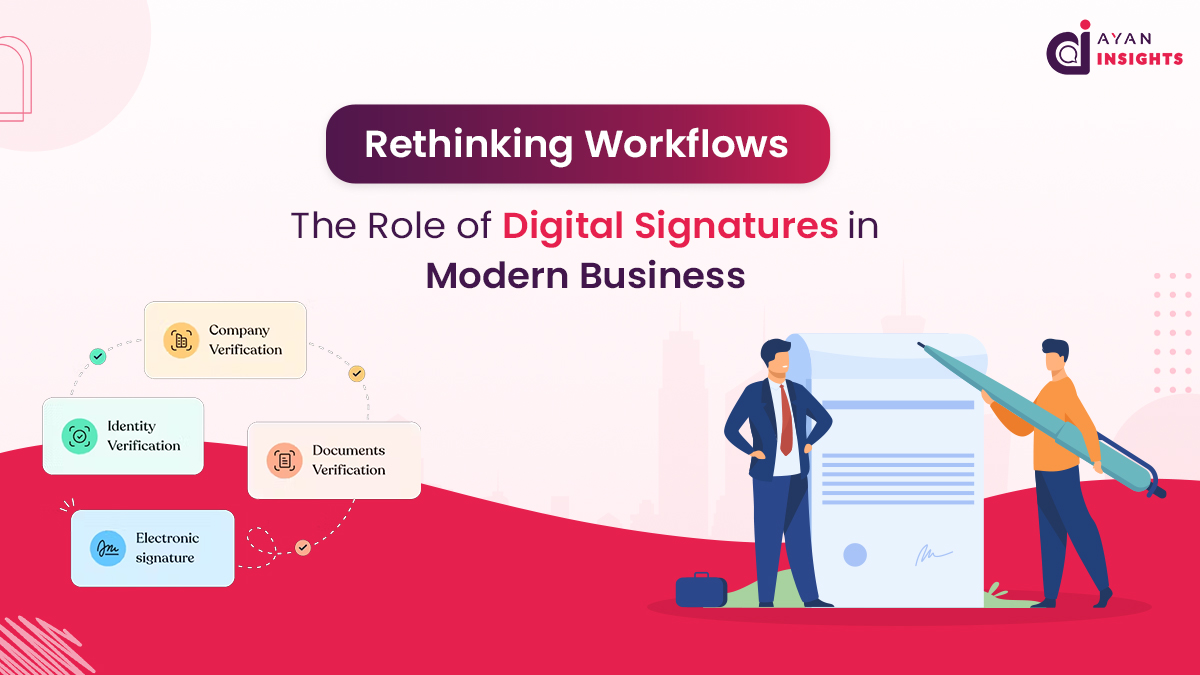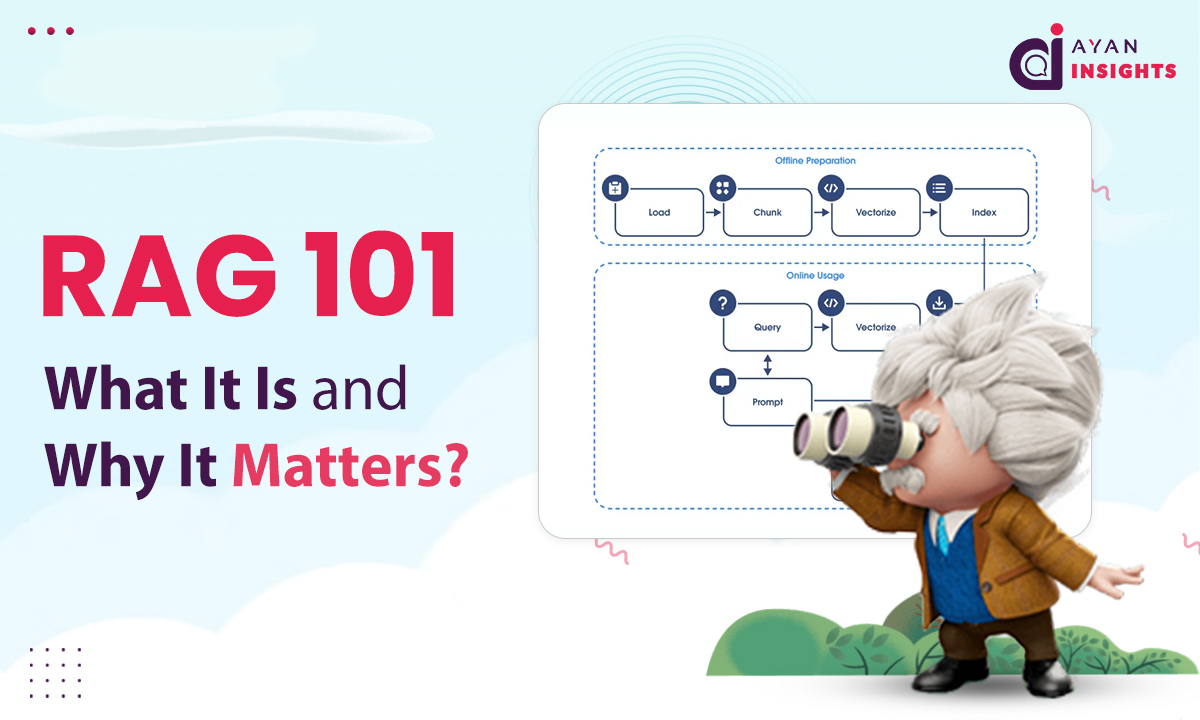Digital Signatures in Business are transforming how organizations manage documents. Whether it’s contracts, invoices, proposals, or compliance forms, every business—be it a growing startup or a large enterprise—relies on paperwork to keep operations running.
Traditionally, these required physical signatures, leading to delays, courier costs, and the risk of misplaced files. In today’s fast-paced digital economy, where speed and security are critical, this manual approach is no longer sustainable.
This is why digital signatures are gaining traction worldwide. More than just an electronic scribble, a digital signature is a secure, encrypted, and legally valid mark of authenticity under the Indian IT Act and global compliance standards.
They enable businesses to sign, verify, and validate documents online with complete confidence—reshaping workflows and driving efficiency across industries.
Key Takeaway: Digital Signatures in Business streamline workflows by replacing manual paperwork with secure, legally valid electronic authentication. They cut delays, reduce costs, and ensure compliance while enabling faster, safer document signing and verification—making them essential for modern organizations in today’s digital economy.



















